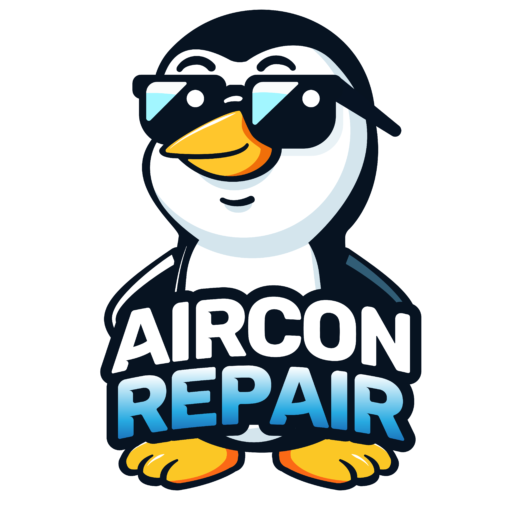Understanding your home’s HVAC system is crucial for maintaining comfort and air quality. For first-time homeowners, the intricacies of HVAC systems might seem overwhelming, leading to high utility bills and unexpected repair costs. This guide aims to demystify the basics of HVAC systems and provide essential knowledge to keep your system running smoothly year-round.
What Is an HVAC System?
HVAC stands for heating, ventilation, and air conditioning. It encompasses all the equipment responsible for heating, cooling, and circulating air within your home. The core components include the furnace, air conditioner, and the ductwork that connects these elements throughout your living space.
Key Components of an HVAC System
- Refrigerant: This chemical, in liquid form, absorbs heat as it evaporates, facilitating the cooling process. The HVAC system then compresses the refrigerant back into liquid, expelling the absorbed heat outdoors.
- Evaporator Coils: These copper tubes carry the refrigerant. As air from your home passes over these cold coils, the heat from the air is absorbed, cooling the air which is then circulated back into your home.
- Compressor: After absorbing heat and evaporating in the evaporator coils, the refrigerant enters the compressor as a low-pressure gas. The compressor increases its pressure and temperature, preparing it for the condenser.
- Condenser: Located outdoors, the condenser expels the heat absorbed by the refrigerant, allowing it to revert to liquid form and release heat into the environment.
- Furnace/Heat Pump: Traditional HVAC systems use a furnace for heating, while heat pumps are used in milder climates. Heat pumps can reverse their function for heating and cooling.
- Ductwork: These conduits circulate air throughout your home.
- Vents: Openings in the ductwork allow air to pass into your home, located in the ceiling, floor, or walls.
- Blower Motor: This motor turns the fan that circulates hot or cold air through your home.
How Does an HVAC System Work?
The blower motor draws your home’s air into the HVAC system. The air passes over the evaporator coils, where it loses heat to the refrigerant. The cooled air then circulates through the ductwork and vents into your home. For heating, the air passes over a heat exchanger or, in the case of a heat pump, the process reverses to warm the air before it is circulated.
Types of HVAC Systems
- Cooling & Heating Split Systems (Central): This traditional system consists of an indoor unit with a furnace and evaporator coils and an outdoor unit housing the compressor and condenser.
- Hybrid Split Systems: These energy-efficient systems combine a traditional gas furnace with an electric air-source heat pump, switching between gas and electric power based on weather conditions.
- Ductless Mini-Splits: Smaller versions of classic split systems without ducts, delivering heated or cooled air directly to specific rooms.
- Packaged HVAC Systems: These systems combine all components into a single outdoor unit, ideal for homes with limited indoor space.
- Geothermal HVAC Systems: These modern, efficient systems use the earth’s stable temperature for heating and cooling through underground pipes.
Difference Between HVAC and Air Conditioning
HVAC systems encompass heating, ventilation, and air conditioning, while air conditioning specifically refers to cooling equipment. Understanding this distinction helps homeowners better grasp the full scope of their HVAC system’s capabilities.
Stay Comfortable Year-Round with Professional HVAC Services
Maintaining your HVAC system is essential for year-round comfort. For those in need of reliable local air conditioner repair services, seeking out fast aircon repair service ensures your system remains in peak condition. Professional services cover everything from installation and maintenance to repair and replacement of system components.
Regular maintenance from local air conditioner repair services helps prevent unexpected breakdowns and ensures your system runs efficiently. Fast aircon repair service is crucial when dealing with sudden malfunctions, especially in hot climates.
Understanding HVAC basics empowers homeowners to maintain their systems effectively, leading to better performance and lower utility bills. For any issues beyond basic maintenance, always rely on local air conditioner repair services for expert assistance. Investing in fast aircon repair service can make a significant difference in the longevity and efficiency of your HVAC system. Stay proactive, stay comfortable, and enjoy the peace of mind that comes with a well-maintained HVAC system.
